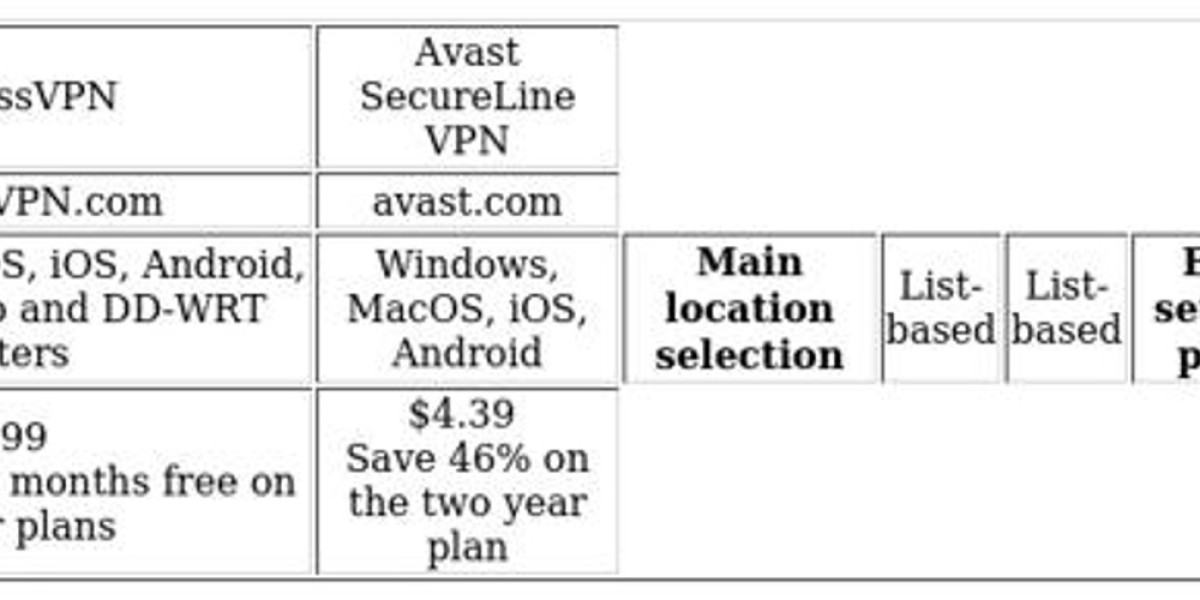US Vocal Biomarkers News
Here's a summary of recent news regarding vocal biomarkers in the US:
Growing Recognition and Research:
- Landmark NIH Project Harnessing Voice for Disease Diagnosis: A significant project led by USF Health and Weill Cornell Medicine has released the first version of a clinically validated voice dataset. This National Institutes of Health (NIH)-funded initiative aims to build a large, ethically sourced AI-enabled database of 10,000 human voices from patients with various illnesses. The goal is to train AI models to identify diseases like cancer and depression based on subtle changes in voice. This project seeks to overcome limitations of previous research by creating a large, secure, and unbiased voice database.
- AI and Machine Learning Driving Vocal Biomarker Advancements: Technological progress in artificial intelligence (AI) and machine learning is revolutionizing the analysis of complex voice data. These technologies can now detect subtle vocal pattern changes indicative of conditions like neurological disorders, cardiovascular diseases, and mental health issues. This is expected to improve diagnostic accuracy and efficiency.
- Vocal Biomarkers for Neurological Conditions: Research continues to highlight the potential of vocal biomarkers in monitoring neurological disorders such as Parkinson's disease, Alzheimer's disease, and multiple sclerosis. Voice analysis can detect early warning signs and track disease progression.
- Expanding Applications Beyond Traditional Healthcare: The potential of vocal biomarkers is expanding into commercial applications beyond healthcare, such as assessing a buyer's mental soundness in call centers, indicating broader consumer protection possibilities. There is also a growing interest in applying this technology to detect childhood diseases.
Market Growth and Investment:
- Significant Market Growth Expected: The vocal biomarker market is predicted to experience substantial growth in the US,
- Key Companies Investing in Vocal Biomarkers: Several companies, including Boston Technology Corporation, EVOCAL Health, Audio Profiling, Cogito Corporation, and Kintsugi, are key players in the vocal biomarker market, indicating a competitive landscape.
Focus on Specific Diseases:
- Vocal Biomarkers for COVID-19 Screening: AI-based vocal biomarker technology has been developed for screening for COVID-19 by analyzing voice recordings. This technology can potentially be used for mass screening in various settings.
- Speech Analysis Technology for ALS Receives FDA Breakthrough Designation: Aural Analytics' Speech Vitals-ALS app, which analyzes speech recordings to monitor the progression of Amyotrophic Lateral Sclerosis (ALS), has received Breakthrough Device designation from the FDA. This could expedite its approval process. The technology aims to detect subtle changes in speech patterns that are difficult for humans to perceive, providing objective vocal biomarkers for tracking the disease and assessing treatment efficacy.
- Vocal Biomarkers for Mental Health: Sonde Health launched Sonde Mental Fitness, a voice-enabled technology that analyzes brief voice samples to assess mental well-being and potentially serve as an early warning system for conditions like depression and anxiety.
Challenges and Future Directions:
- Lack of FDA Approved Clinical Tools: Despite promising research, there are currently no FDA-approved digital voice biomarker technologies available for clinical use in the US. This is partly due to the novelty of the field and the need for more extensive data and standardization.
- Need for Large and Diverse Datasets: To fully realize the potential of vocal biomarkers, there is a crucial need for large datasets that encompass diverse populations and disease statuses, along with established physiological biomarkers.
- Developing Multilingual Models: Expanding vocal biomarker models to include more languages beyond English, Japanese, and Spanish is a key trend to broaden the technology's reach across different populations.
- Ambient Listening Tools: The integration of AI-enhanced ambient listening tools is transforming how clinicians use vocal biomarkers for cognitive and behavioral health assessments by analyzing everyday conversations.
In conclusion, the field of vocal biomarkers in the US is experiencing significant growth and increasing recognition for its potential in disease detection and monitoring across various health conditions. While there are no currently FDA-approved clinical tools, ongoing research, technological advancements in AI and machine learning, and the development of large-scale voice databases are paving the way for future clinical applications.



